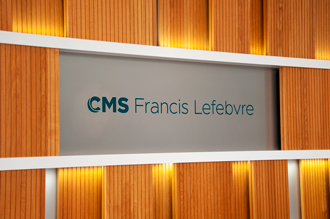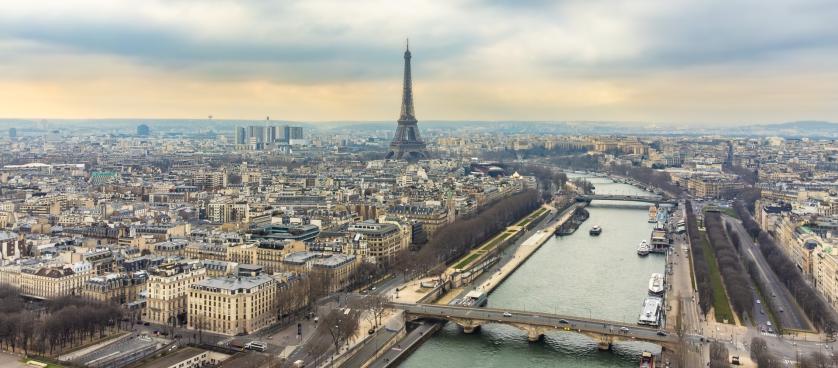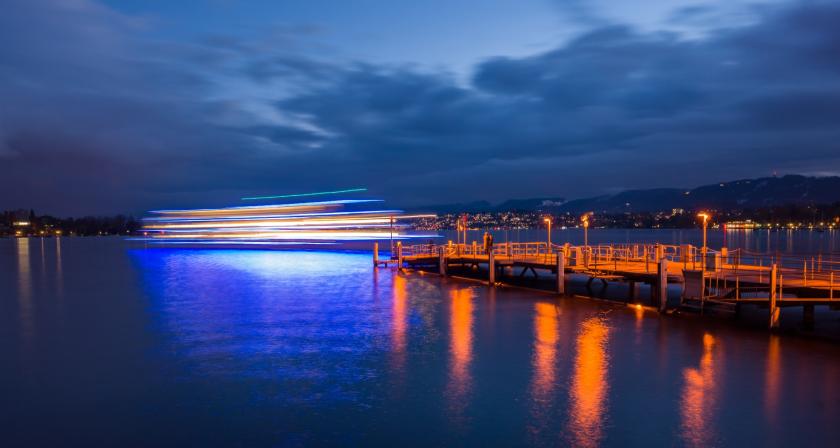General meetings in camera: until when?
Is it possible for a company to hold a general meeting in camera

An exceptional arrangement has been in place since the end of March to allow the holding of general meetings of private legal entities and in particular companies in spite of the Covid-19 pandemic. Order no. 2020-321 of 25 March 2020 in fact permitted, "when a meeting is convened in a place assigned on the date of the convening or that of the meeting by an administrative measure limiting or prohibiting collective gatherings for health reasons", that the body competent to convene it, or the legal representative acting on delegation from this body, decides that this meeting "shall be held without the members and other persons entitled to attend it being physically present or by teleconference or audiovisual conference".
Today, this system raises a number of questions, two of which will be discussed here.
Likely extension of the order
This first question is the simplest. As an exception, Order No. 2020-321 was granted with a limited lifetime. Article 11 of this text thus provides that the order "is applicable to meetings of the administrative, supervisory and management bodies held from 12 March 2020 until 31 July 2020, unless this period is extended to a date set by decree and no later than 30 November 2020".
Based on the information available to us, Order No. 2020-321 and Decree No. 2020-418 of 10 April 2020 which supplements it, should be extended until 30 November 2020. The decree implementing this extension should be published before the end of July, to avoid interruption of the exceptional regime.
Condition of application of the measure: existence of a restriction on collective gatherings
This second question is more delicate. As we have seen, the holding of an in camera meeting presupposes that it is "convened in a place assigned on the date of the convening or on that of the meeting by an administrative measure limiting or prohibiting collective gatherings for health reasons", pursuant to Article 4 of Order No. 2020-321.
No one doubted during the containment that the in camera holding of the meetings was justified. Since the deconfinement, several decrees have been issued, which have gradually eased health restrictions. Decrees No. 2020-548 of 11 May 2020 and 2020-663 of 31 May 2020, the latter having been amended by decree No. 2020-724 of 14 June 2020, prohibited gatherings of more than ten people "on public roads or in a public place", according to the first decree, or "on public roads or in a place open to the public", according to the two other decrees. The last decree – Decree No. 2020-860 of 10 July 2020 – no longer prohibits gatherings of more than ten people, but makes them subject to a prior declaration.
The question therefore arises, since the deconfinement, whether it is still possible to apply Article 4 of Order No. 2020-321.
Now, what is meant by the words "place affected by an administrative measure limiting or prohibiting gatherings"?
In practice, companies do not hold their meetings on public roads or in "public places" or "places open to the public". It is therefore unlikely that a company has been effectively prevented from holding its meeting due to the aforementioned ban on gatherings of more than ten people. But the holding of an in camera meeting is not conditional on the impossibility to hold this meeting in a physical manner. As the ban on gatherings of more than ten people does not apply to private places, it was already possible to hold a meeting of one hundred associates in a private place while respecting the social distancing measures.
Two interpretations of the term "place affected by an administrative measure limiting or prohibiting gatherings".
Meaning 1: the place understood to be the building or even only the room where the meeting is held must be taken into consideration. Very few meetings would then be concerned and it would therefore be virtually impossible to hold the meeting in camera.
Meaning 2: The "place" would designate the municipality where the meeting is to be held, which would allow the meeting to be held in camera even though it could take place with the physical presence of the partners or shareholders. The condition of the administrative measure affecting the place where the meeting is held would then be met, for example, when the registered office is in Paris and the meetings of more than 10 people are prohibited or subject to prior declaration in this city, whether only on the public road and in places open to the public. The more general ban on gatherings of more than 5,000 people would be another element to be taken into account: almost all of the meetings are certainly not affected by the ban, but there is, formally, a limitation of gatherings affecting all the places on national territory.
The question is sensitive because the validity of many meetings is at stake.
We are of the opinion that the 2nd meaning must be favoured, and the possible extension of the life of the measure is likely to strengthen the idea that it must still be applied in cases that are not simply marginal.
Insight: impacts of the Coronavirus outbreak
Our law firm provides you with legal assistance to understand all Covid-19 (Coronavirus) impacts on your business. Discover our special Insight below.
Find more about our law firm:
Our law firm is a leading international business law firm. Its deep roots, unique positioning and highly recognised expertise enables it to deliver innovative, high value-added solutions in tax, business, corporate and labour law.










